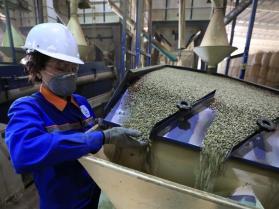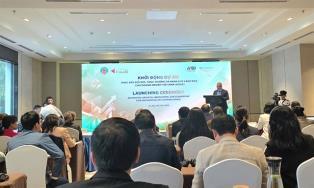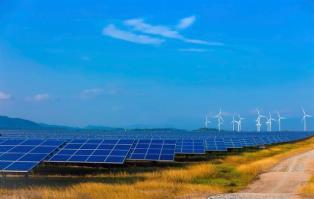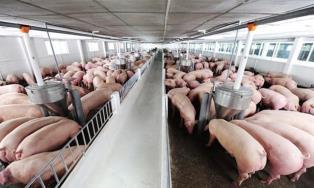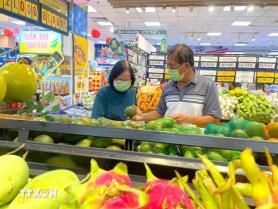Eighty per cent of online consumers believe that e-commerce has a negative or very negative impact on the environment.

HÀ NỘI — Eighty per cent of online consumers believe that e-commerce has a negative or very negative impact on the environment, according to a survey conducted by the Vietnam E-commerce Association (VECOM) last year.
Twenty-one per cent think the impact of e-commerce is even greater than traditional commerce.
The country’s e-commerce sector has seen an average annual growth rate of 20 per cent over the past five years, according to the Vietnam E-commerce and Digital Economy Agency (iDEA) under the Ministry of Industry and Trade.
The value of the e-commerce market was estimated at around US$25 billion last year, accounting for about 9 per cent of the country's total retail sales of goods and services.
Experts forecast that the size of the market could reach $100 billion by 2030, placing Việt Nam among the fastest-growing e-commerce countries globally.
However, along with this rapid growth comes a mountain of waste. According to WWF Vietnam, the country’s e-commerce sector consumed 332,000 tonnes of packaging in 2023 alone, of which 171,000 tonnes were plastic packaging.
If no measures are taken to reduce waste, the amount of plastic waste from e-commerce could reach an estimated 800,000 tonnes per year by 2030, according to projections.
Transportation activities for e-commerce also leave a large carbon footprint.
A report by Google, Temasek and Bain & Company shows that by optimising delivery routes and using recycled materials, emissions from e-commerce could be reduced by 30-40 per cent.
However, this requires synchronised participation from the Government, businesses and consumers.
The VECOM survey shows that 79 per cent of online shoppers want the Government to issue and enforce environmental protection regulations in e-commerce; 71 per cent suggest that businesses disclose green packaging options; and 61 per cent emphasise the importance of media and educational campaigns to raise awareness.
In response to customer demand, many e-commerce businesses have started making changes.
A representative from Viettel Post, a member of Viettel Group, said the company has implemented a mobile postal office model in which goods are sorted directly on the vehicle, reducing the intermediate steps and cutting delivery distances by 15 per cent, saving fuel and reducing emissions.
Viettel Post has also installed a solar power system at its sorting centres, providing energy for lighting and air conditioning and reducing electricity consumption from fossil fuel sources.
In the production and packaging sector, major players like Nestlé, Coca-Cola and Tetra Pak are also pushing forward with sustainable development strategies.
Nestlé aims to reduce emissions by 20 per cent by the end of the year and make 100 per cent of its packaging recyclable or reusable.
Coca-Cola has committed to using recycled materials for 35-40 per cent of its packaging by 2035.
Tetra Pak Bình Dương is one of the few factories in Việt Nam to achieve LEED Gold certification, saving two million litres of water annually and reducing CO2 emissions by 4,000 tonnes.
iDEA Director Lê Hoàng Oanh said that the revised draft E-commerce Law is currently being finalised by the Ministry of Industry and Trade, and is expected to be presented to the National Assembly by the end of the year.
A key feature of the new law is a green legal framework in which e-commerce businesses will be required to disclose their compliance with clean business standards set by the ministry. The disclosures will be made public, so that consumers can make informed choices.
On this issue, Minister of Industry and Trade Nguyễn Hồng Diên confirmed that green practices in e-commerce would become mandatory regulations in the revised E-commerce Law draft.
Policies should support businesses in innovating their packaging, promoting green consumption and strengthening waste collection and recycling, he added. — VNS

